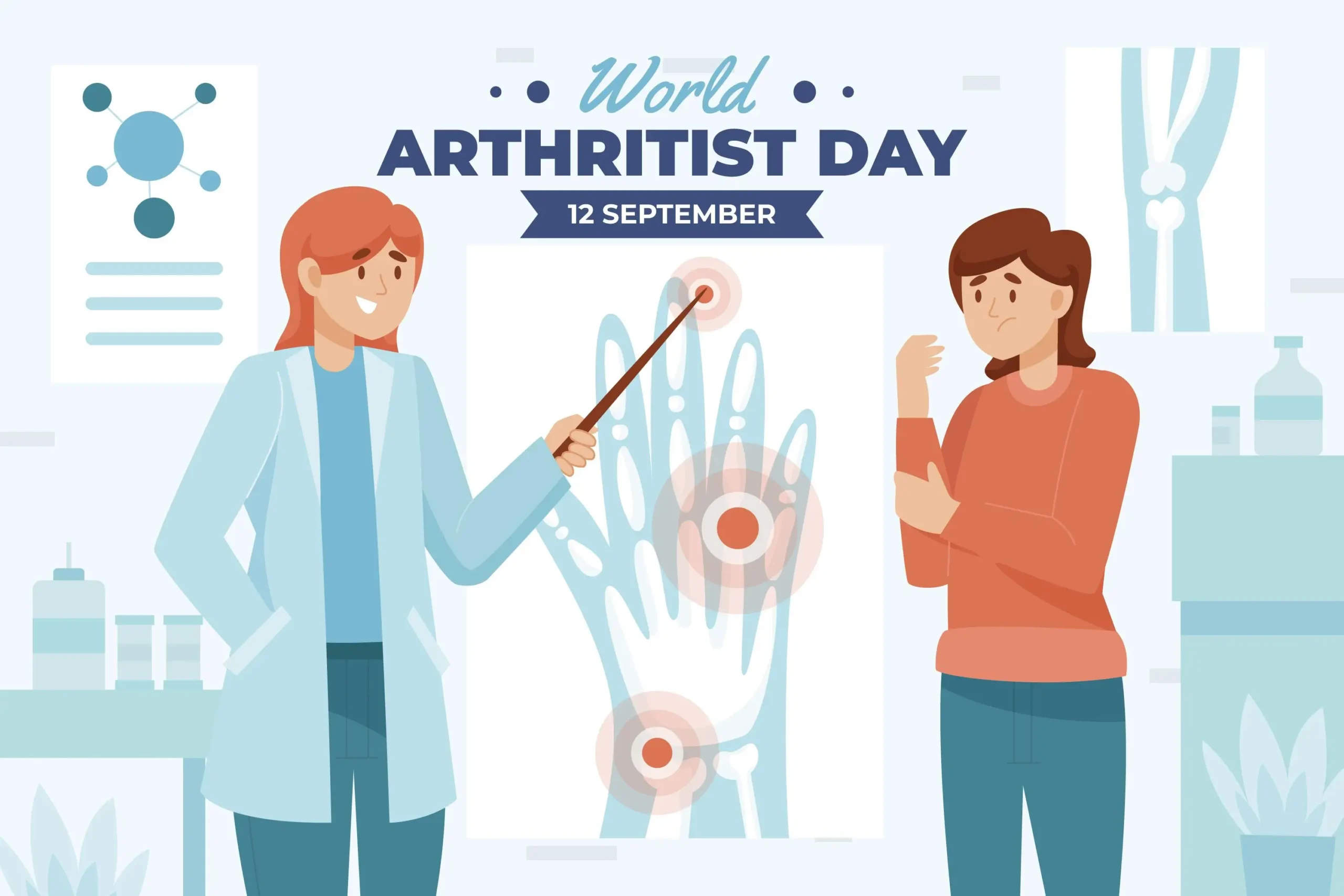We’re selling organic products
Discover the Power of Nature with Our Organic Products
+91 83064 08402

Understanding Arthritis
Arthritis is a common condition that causes joint inflammation and pain. There are many types of arthritis, each with its own symptoms, causes, and treatments. This page provides information to help understand arthritis, manage symptoms, and improve quality of life.
Types of Arthritis
Osteoarthritis (OA)
- Description: Degenerative joint disease due to wear and tear of joint cartilage over time.
- Symptoms: Joint pain, stiffness, swelling, and decreased range of motion.
- Treatment: Pain relief medications, physical therapy, lifestyle changes, and in severe cases, joint replacement surgery.
Rheumatoid Arthritis (RA)
- Description: Autoimmune disorder causing chronic inflammation in joints and other tissues.
- Symptoms: Joint pain, swelling, stiffness, fatigue, and systemic complications.
- Treatment: Disease-modifying anti-rheumatic drugs (DMARDs), biologic agents, physical therapy, and lifestyle modifications.
Juvenile Arthritis
- Description: Arthritis that affects children under the age of 16.
- Types: Includes juvenile idiopathic arthritis (JIA), which encompasses several subtypes.
- Treatment: Similar to adult arthritis treatments, tailored to the child’s age and symptoms.
Causes and Risk Factors
- Genetics: Family history of arthritis may increase susceptibility.
- Age: Risk increases with age, especially for osteoarthritis.
- Gender: Women are more likely to develop certain types, such as rheumatoid arthritis.
- Joint Injury: Previous joint injuries or overuse can lead to arthritis in affected joints.
Management and Treatment
- Medications: Pain relievers, anti-inflammatory drugs, and disease-modifying medications as prescribed by healthcare providers.
- Physical Therapy: Exercises to strengthen muscles around joints, improve flexibility, and reduce pain.
- Lifestyle Changes: Weight management, joint protection techniques, and adaptive aids to ease daily activities.
- Surgery: Joint repair, replacement, or fusion for severe cases that do not respond to other treatments.
Living with Arthritis
- Pain Management: Using heat or cold therapy, acupuncture, or transcutaneous electrical nerve stimulation (TENS).
- Emotional Support: Counseling, support groups, and stress management techniques to cope with the challenges of chronic pain.
- Home Care: Making home modifications for easier mobility and accessibility.

Why Choose SGP Group?
Experience exceptional service and unparalleled support with SGP Group.
-
Refreshing to get such a personal touch in service
-
Committed to excellence in every interaction
-
Innovative solutions tailored to your needs
Frequently Asked Question!
Early signs of arthritis may include:
- Joint Pain: Persistent discomfort in one or more joints, especially after physical activity.
- Stiffness: Difficulty moving a joint or stiffness that improves with movement.
- Swelling: Visible swelling or warmth around a joint.
While arthritis cannot always be prevented, certain lifestyle habits can reduce the risk or delay its onset:
- Maintain a Healthy Weight: Excess weight puts added stress on joints, especially weight-bearing ones like knees and hips.
- Exercise Regularly: Strengthening muscles around joints and staying active can help maintain joint function and flexibility.
- Protect Joints: Use proper body mechanics, ergonomic aids, and avoid repetitive stress on joints.
Treatment options for arthritis pain include:
- Medications: Over-the-counter pain relievers like acetaminophen or nonsteroidal anti-inflammatory drugs (NSAIDs). Prescription medications such as corticosteroids or disease-modifying antirheumatic drugs (DMARDs) for inflammatory arthritis.
- Physical Therapy: Exercises to improve joint mobility, strength, and reduce pain.
- Surgery: Joint repair or replacement surgeries like arthroplasty for severe cases of osteoarthritis or joint deformity.







